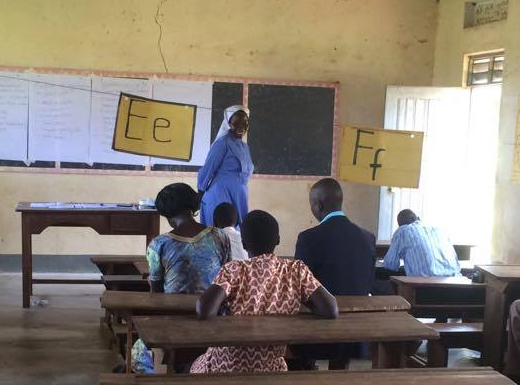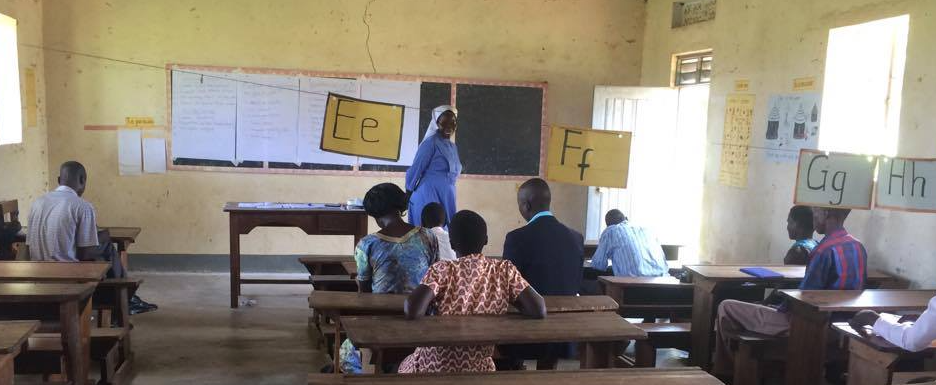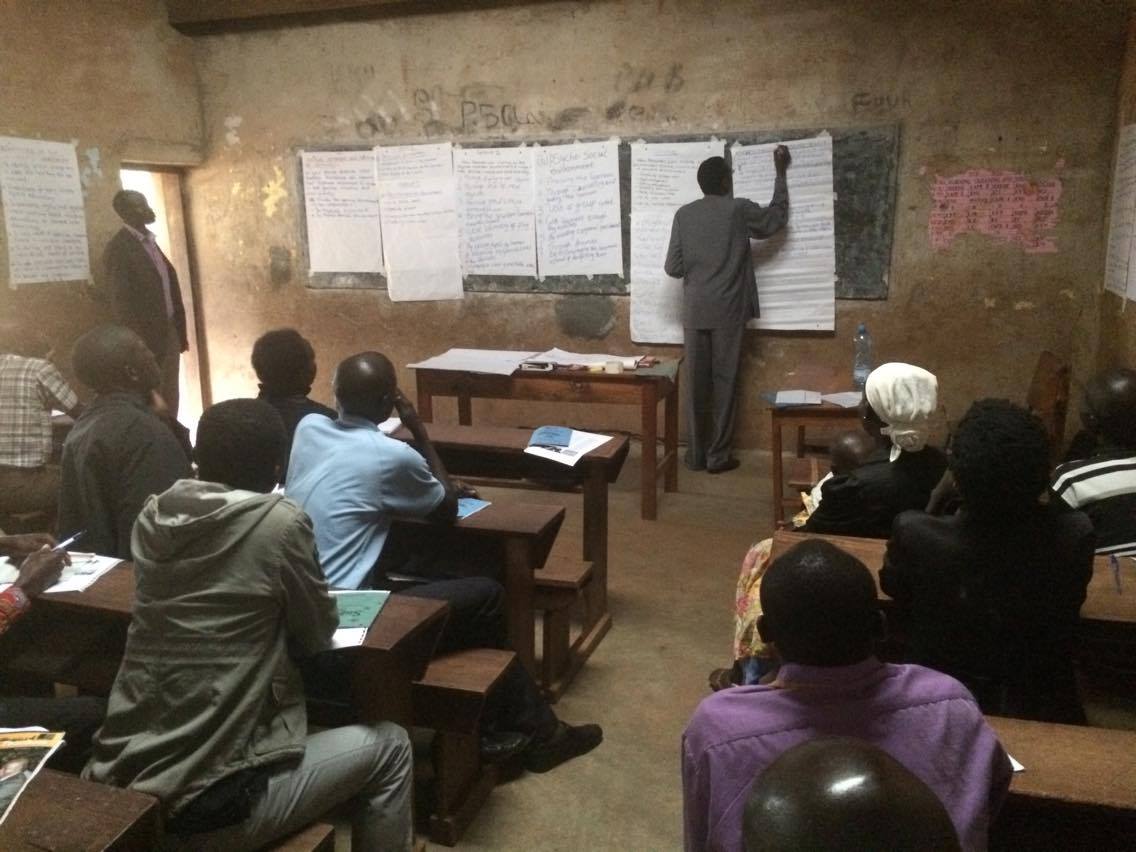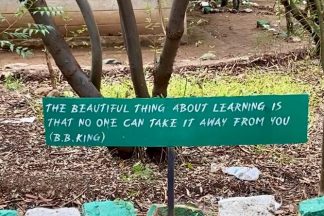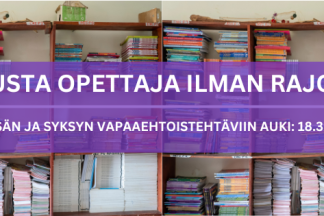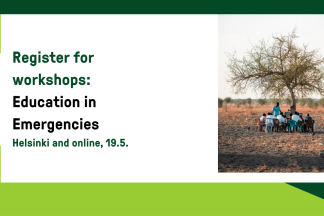I am currently a Teachers Without Borders volunteer in Uganda in a project funded by UNICEF. Together with my colleague Laura Ketonen, we are working to develop quality education in the West-Nile region.
In my current position, I work together with Coordinating Centers Tutors (CCTs). CCTs are Ugandan national people with long experience in education that work together with teachers, providing support and trainings to schools. They have been working in the same position for many years and they are paid by the government. I believe the work with CCTs is crucial when the focus is on the sustainability of the project. I always keep in mind the question on what is going to happen to the project where I work once I am gone.
My contract in Uganda is for four months but it is important to have some people in the country to continue with the work in order to achieve sustainable development of quality education. It relieves me to know that once I leave Uganda, there will be people who are able to continue using the materials we have developed, continue training teachers and provide them support.
Laura and I have trained CCTs and then CCTs implemented a similar training (adapting the content to their previous knowledge and contexts) to teachers. This makes the impact of our work much broader. We trained 30 CCTs. Each CCT trained teachers from four schools, which makes a total of 120 schools that have received training and support. Otherwise, if I had trained the teachers by myself, the numbers would have been much lower.
Working with trainers but not with teachers or pupils directly
In countries where the teaching profession is not highly valued, teachers face many challenges such as low salary, low position and lack of recognition in the society, etc. This makes teachers leave the profession as soon as they have the opportunity to get a better job. If we were supposed to train only teachers it would put at risk the sustainability of the work, because, perhaps, few years after conducting the training, a high number of teachers would have left the profession.
I also consider that working with children directly is more harmful than beneficial. Pupils in a remote school in rural Uganda would be very curious to see a white European teaching in their classroom. But I believe this approach just perpetuates and reinforces stereotypes of Europe.
On the other hand, this project, where local trainers where involved, implemented by FCA with funds from UNICEF, has the potential to make a positive and long lasting impact on improving quality education in the target schools.
Diego

